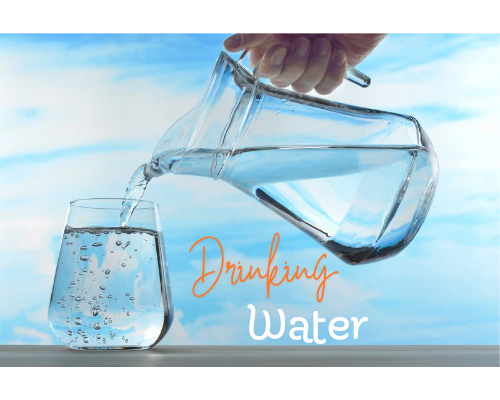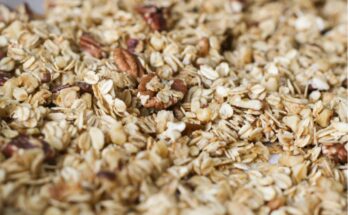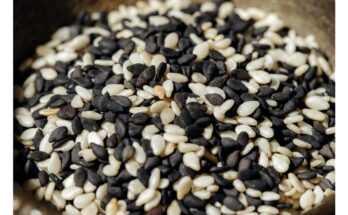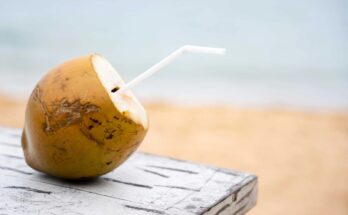■ Water is the major constituent of the human body.
■ Water is useful to relieve thirst and to meet fluid requirements of the body.
Why do we need water?
Water accounts for 60% of our body weight. It is a constituent of blood and other vital body fluids. Water plays a key role in elimination of body wastes and regulation of body temperature. The body loses water through sweat, urine and faeces. This loss must be constantly made good with clean and potable water. A normal healthy person needs to drink about 5 glasses (I litre) of water per day. During very hot weather and while undertaking vigorous physical activity, this requirement increases as a considerable amount of water is lost through sweat.
When is water considered safe and wholesome?
Water should be safe and wholesome i.e., it should be free from disease-causing agents like bacteria, parasites, viruses etc., and harmful chemical substances like pesticides, industrial wastes, heavy metals, nitrates and excess of fluoride. Fluorosis, a disease with bone deformities and dental problems, results from drinking water containing an excess of fluoride over long periods. Generally, a concentration of 0.5 to 0.8 mg of fluoride per litre of drinking water is considered safe.
How is water rendered safe?
If a water source is not safe for drinking, boiling it for 10-15 minutes is a satisfactory method of purification of the water. It kills all disease-causing organisms and also removes temporary hardness. However, boiling will not remove other chemical impurities. Tablets containing 0.5 g of chlorine can disinfect 20 litres of water. There are many modern gadgets which claim to provide safe and wholesome water. However, they vary in efficacy.
Reference: Dietary guidelines for Indians, NIN, ICMR




